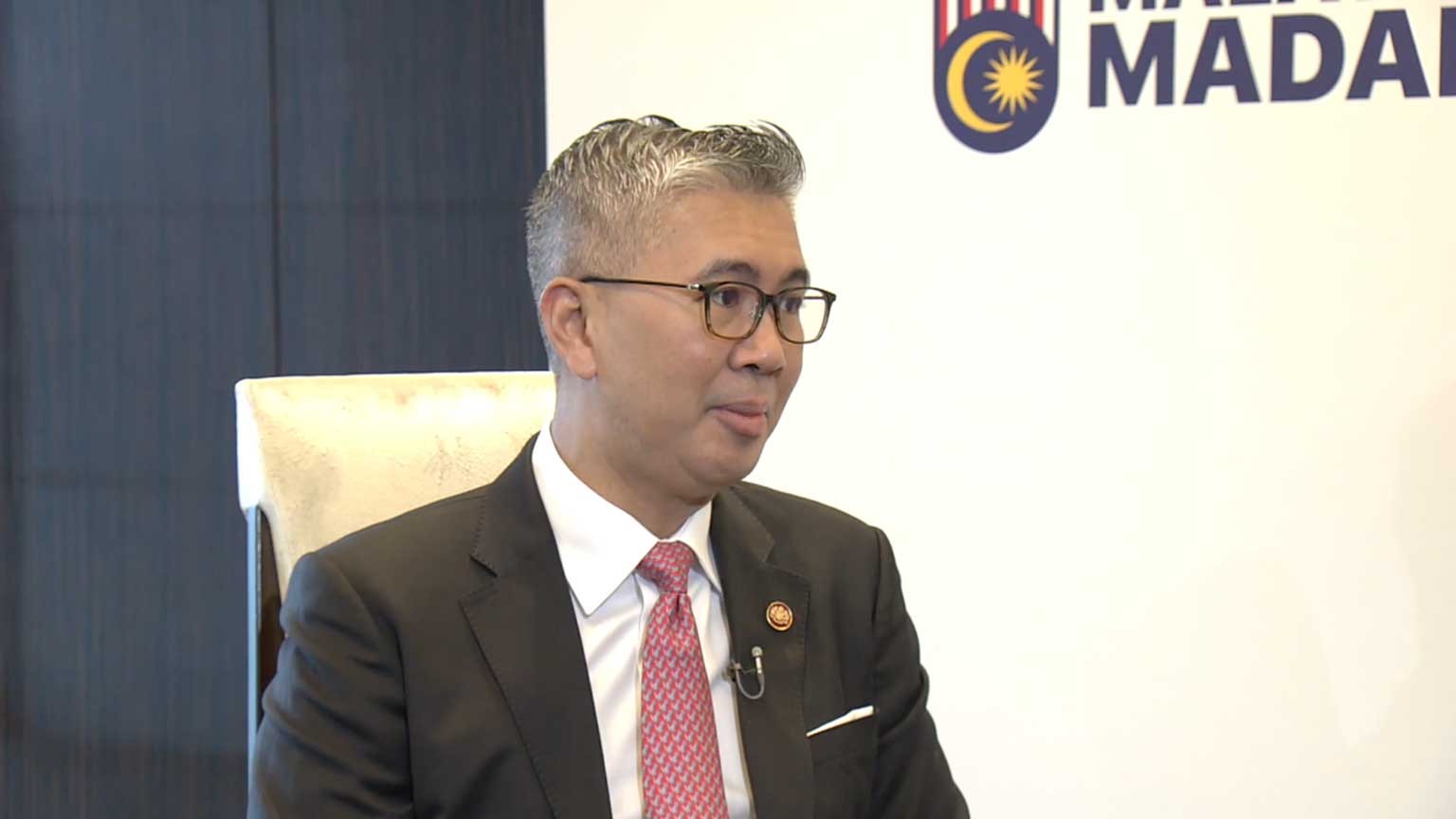Malaysia welcomes progress in IPEF
Trade ministers and officials from the 14 IPEF countries met on May 27 in Detroit, Michigan. The framework is led by the United States to engage with Asian countries.
Members agreed to strengthen supply chains to make them more secure and resilient. They said they would work together whenever disruptions affect key goods such as semiconductors.
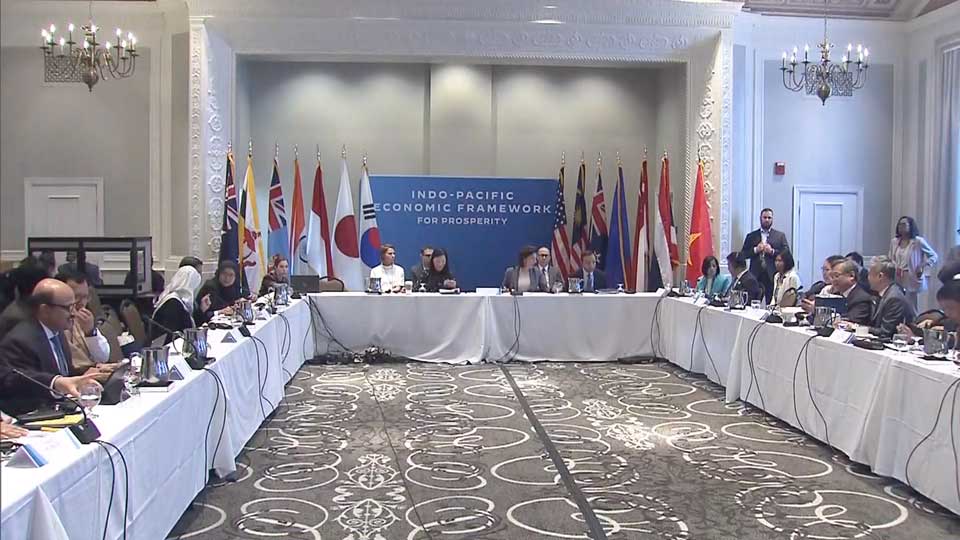
IPEF aims to set strict guidelines for sustainable development and emissions, and negotiate a new set of trade rules to deal with the changing regional situation. It does not negotiate tariff reductions, meaning the members will not get access to US market, the world's largest.
The pact was launched by the US one year ago in a bid to counter China's growing influence.
Malaysian Trade Minister Zafrul Aziz says he welcomes IPEF: "We want to ensure that the pace of globalization continues."
Zafrul suggests that developing countries want something in exchange for stricter global rules, such as ensuring smaller or mid-sized companies can cope with new trading rules.
"I think it's important that the US, as a very developed economy, assists the less developed countries, or the developing countries, in ensuring that we have inclusive global growth. And IPEF hopefully addresses some of the concerns.
"There are many companies unable to get market access in the future if we are not able to give them or equip them with the resources to ensure that they comply with some of the rules that are being set out."
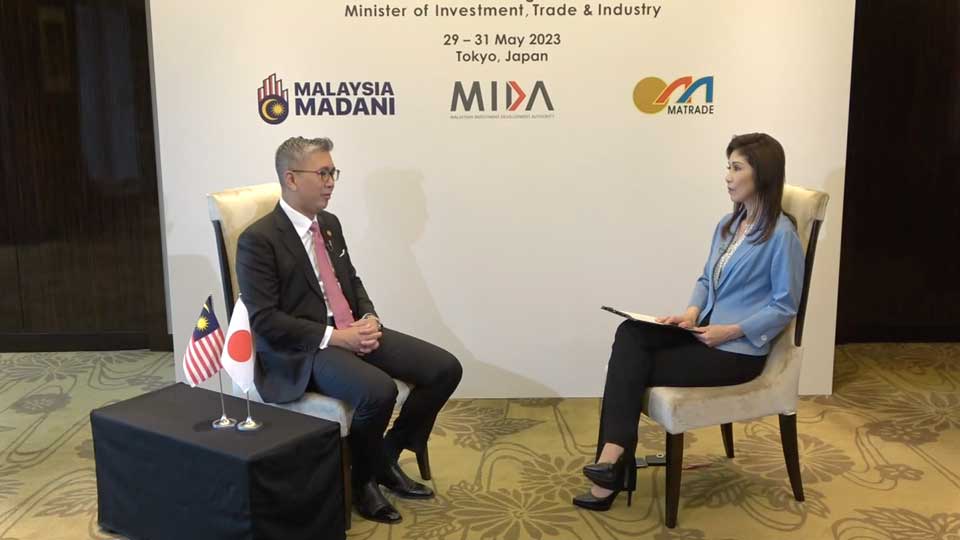
CPTPP and RCEP
There are already two regional economic frameworks in Asia. The US is part of neither.
Eleven countries form the Comprehensive and Progressive Trans-Pacific Partnership (CPTPP). That economic partnership negotiates lowering tariffs and sets common rules across a wide range of areas, including intellectual property and e-commerce.
The Regional Comprehensive Economic Partnership (RCEP) is a regional free trade framework. It is the largest trade zone, and it includes China.
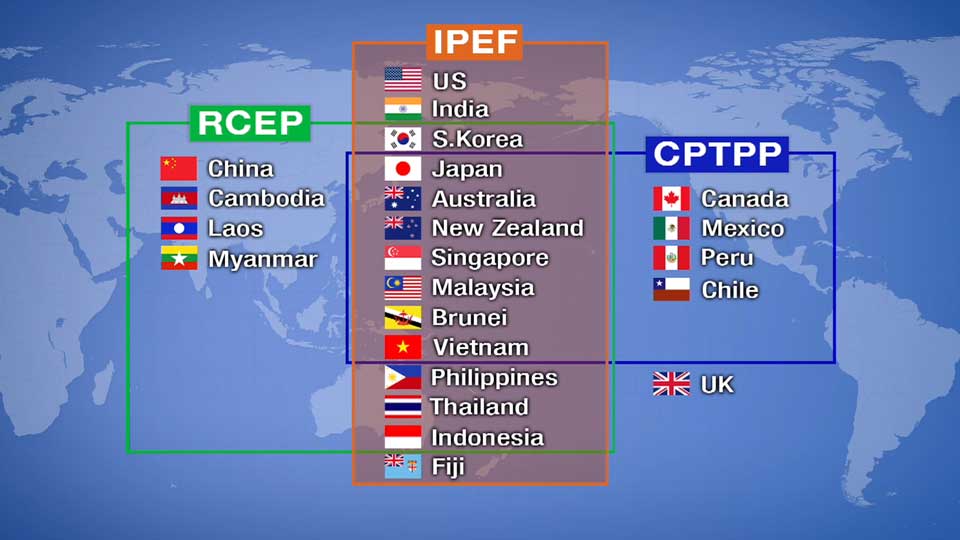
As the world becomes increasingly divided between camps led by the US and China, the two sides are actively vying for the support of developing countries.
Standing neutral
IPEF's work on supply chains is regarded as a way to deal with a sudden threat by Beijing to restrict exports of critical goods. But it comes as many IPEF countries are strengthening their economic ties with Beijing.
According to Zafrul, "Malaysia continues its basically neutral stance," as the US and China are both important partners.
"China and the US are (our) top two trading partners, and top two (sources of) FDI or foreign direct investment. So Malaysia is very firm that we will continue to engage both the US and China in the ways we have done for many years.
"Recently we are seeing a lot of investment from both countries. We just announced strong investment numbers that are coming from China, but we continue to see US investment as well."
Looking ahead, the minister says it is important to ensure that the US-China situation does not harm trade. "I'm a firm believer that global trade brings prosperity, and any disruption to that global trade will not be beneficial."
"Inclusive" growth
Zafrul says that for Malaysia to continue growing its economy, trade with other countries is paramount.
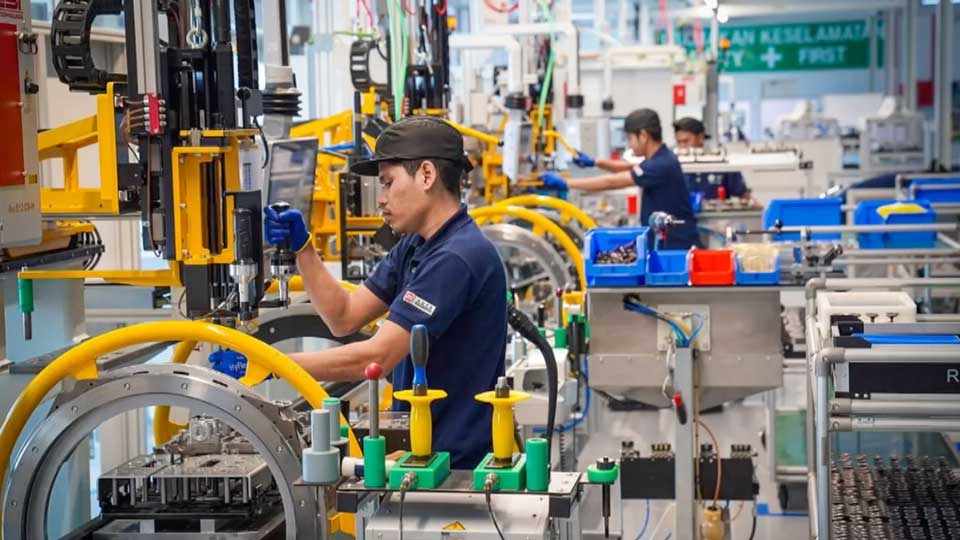
"What's key is ensuring that our growth is an inclusive growth, and you want to see this is not just in Malaysia, obviously globally as well, because what we are seeing recently, post pandemic, is inflation going up, interest rates are going up, pressures on our currency.
"I think all this needs to be addressed in the longer term and the way to address this is to increase our level of household income in Malaysia. Unfortunately, it has been in the middle-income trap," he says.
The so-called "middle income trap" describes the situation in more affluent developing countries, like Malaysia, that see wages rise and thus lose their competitive edge in the manufacturing export market. At the same time, they cannot keep up with more developed economies in the high-value-added market.
The minister hopes his country can emerge from that through investment and trade from overseas: "I think with the progress of focusing on investments which will bring jobs, we want to increase the economic complexity of the country, including ensuring that we focus on digital, green and sustainability issues and then also at the same time making growth that is both sustainable and inclusive."
Japan and Malaysia
Zafrul says Malaysia sees Japan as a leader in the digital space and the green economy. "There are many things that we can learn from Japan. And we are here to look at ... where we are today versus where we can be with the assistance of Japanese technology.
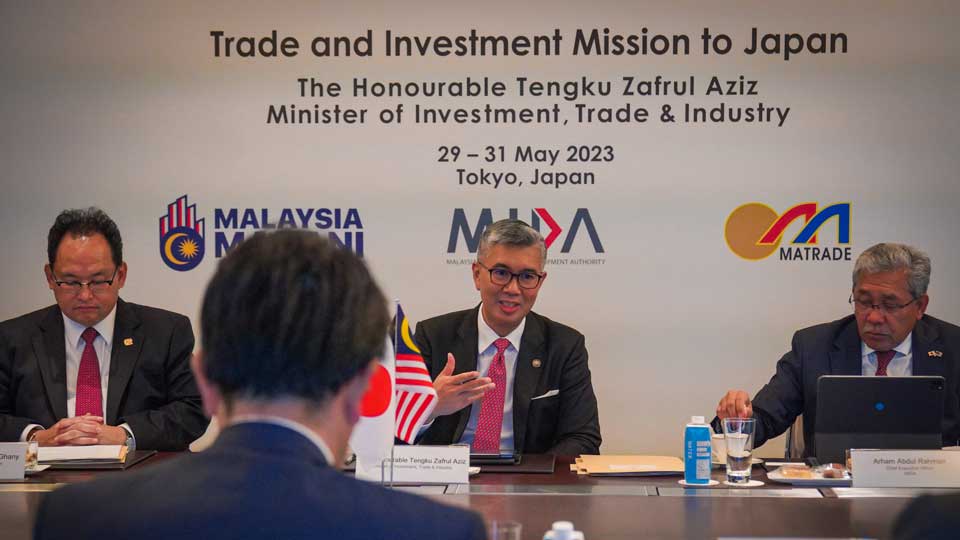
"We want to talk about carbon storage, carbon utility, we're talking about new green energy technology. We're also talking about increasing our engagement and economic collaboration on the digital front."
Zafrul says Malaysia is at an important period of transition. "Our economy is diversifying. It's not just oil and gas, but manufacturing as well. And it's important that we ensure that Malaysia continues to have this focus on making sure the right technology, or the right investments, are coming into Malaysia."
